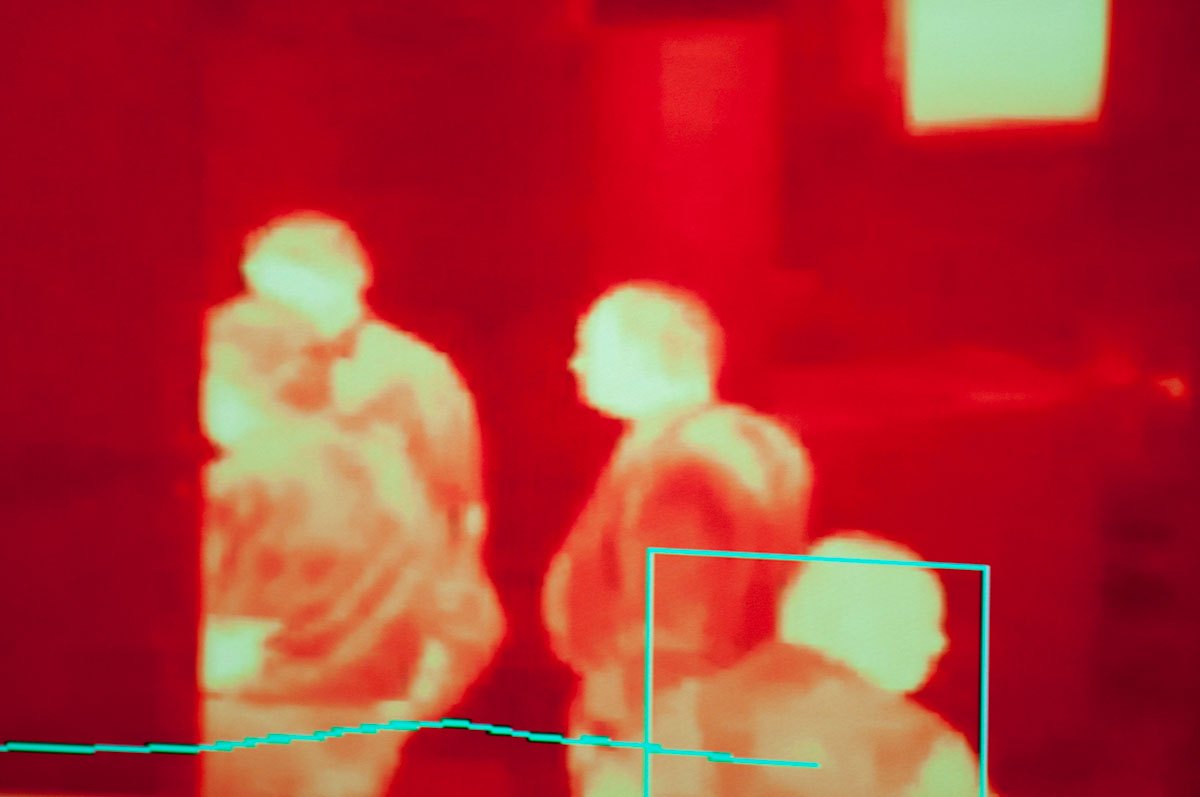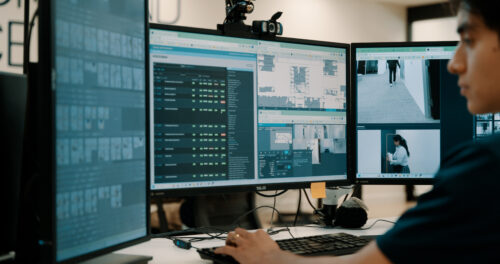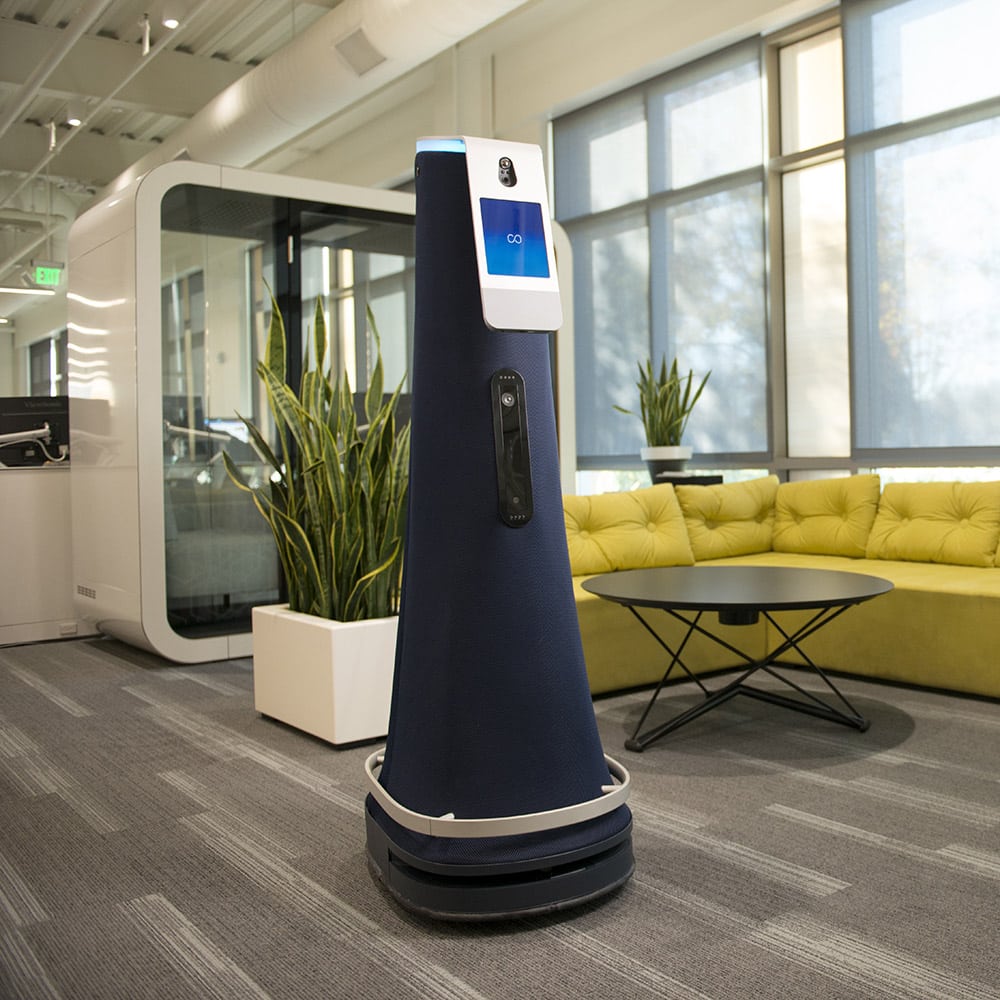Will robots ever replace humans in every area of our working lives? This question is the stuff of science fiction stories. And now that they are making viable contributions to almost every industry, sci-fi writers have fresh material with which to speculate. For now, and for the foreseeable future, the answer is still no. Still, as technology advances, many jobs we hate (and some we love) can be done better by a robot.
Here are five areas where robots and robot research are making powerful—and practical—strides.
- 1. Handling tedium: Repetitive activity, like uneventful nighttime patrols and collecting large amounts of mundane data, is boring… and some now say even harmful. Current research is connecting boring tasks with a long list of negative behaviors. This is especially true for monotonous duties that require continuous attention, leaving no free time to ease boredom with creative activity. Thankfully, robots are already relieving us from drudgeries such as assembly-line micro-tasks, weeding, and like the Cobalt robot—handling (mostly!) uneventful night patrols.
- 2. Extreme sensing: Sensors, such as highly sensitive cameras and microphones, have advanced to plug-and-play technologies with capabilities unimagined even 10 or 20 years ago. When combined with the computing power needed to analyze the data from the sensors, robots can now work in more unpredictable environments. For example, sensor-equipped robots can see through walls to spot a hidden leak, detect harmful air quality, or hear sounds—such as furtive footsteps—too faint for the human ear.

- 3. Strength and speed: Robots are “force multipliers”, dramatically transforming (and saving) the construction and manufacturing industries. They can lift heavy objects more quickly and safely, repeatedly tighten bolts to the optimal torque, and work with no breaks—all while filling a shrinking workforce in these industries.In less industrial realms, such as enterprise security, robots excel at rapidly managing routine event data by collecting, processing and delivering reports.
- 4. Unwavering focus: Unless you actually program a robot to respond to events while it is involved in a task, it cannot be distracted. It doesn’t have distressful problems at home, and does not care about juicy work gossip.Those repetitive and mind-numbing jobs mentioned above will endlessly command a robot’s consistent, dedicated attention.
- 5. Perfect, objective recall: There are abundant studies and examples of faulty human memory. For example, we change events in our minds to make them more familiar, and of course, we may stretch the truth if the actual truth could get us in trouble. Robots provide automated event lists, camera footage, and nothing else. This is fantastic news for security executives who must piece together a nighttime incident the following morning.
3 areas where humans outdo robots
- 1. Empathy: While building robots that can empathize with humans is the focus of much current research, keep in mind that neither scientists nor philosophers can agree on what emotions actually are.Besides, no matter how sophisticated a robot’s emotional equipment becomes we still understand that it is merely a set of behaviors a machine has been programmed to sense and exhibit. As long as robots lack true empathy, complex human interactions will continue to require actual humans.
- 2. Flexibility: Robots are getting better at learning, and applying their learnings to new situations, but they are still far from being able to respond to unexpected situations with the same resourcefulness as a person.Most of the time, new situations still require human intervention and, when available and appropriate, new programming.
- 3. Acceptability and trust: We humans are gradually getting used to having robots in our environments. It will be awhile, however, before the average adult responds to a fully autonomous robot the way they do in futuristic movies—discussing an injury with a quasi-sentient machine as if it were fully able to comprehend the distress. And our most basic response to a non-human thing that can move around on its own is still, at the level of reptilian brain, “Animal!”Even as Cobalt advances robotics research and relentlessly improves the capabilities of our own robots, we remain dedicated to keeping a “human in the loop”. For empathy, flexibility, acceptability, and more, there is still no replacement.
“As more job functions are being automated, using humans to fill in the most difficult 5% of tasks lets you deal with rare but important situations that are difficult to automate.”
— Erik Schluntz, CTO and Co-founder at Cobalt



